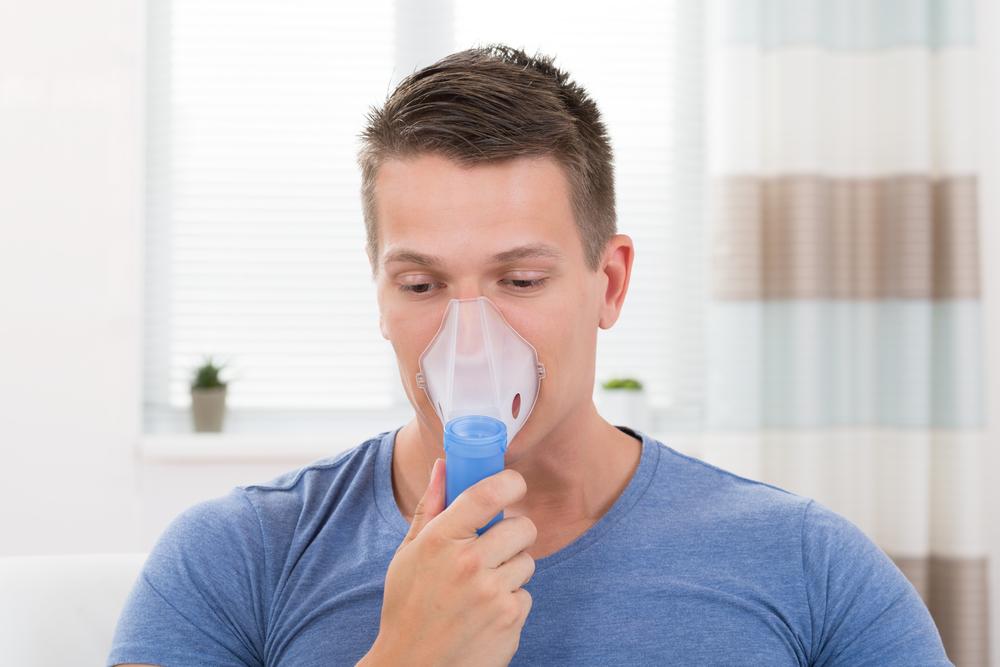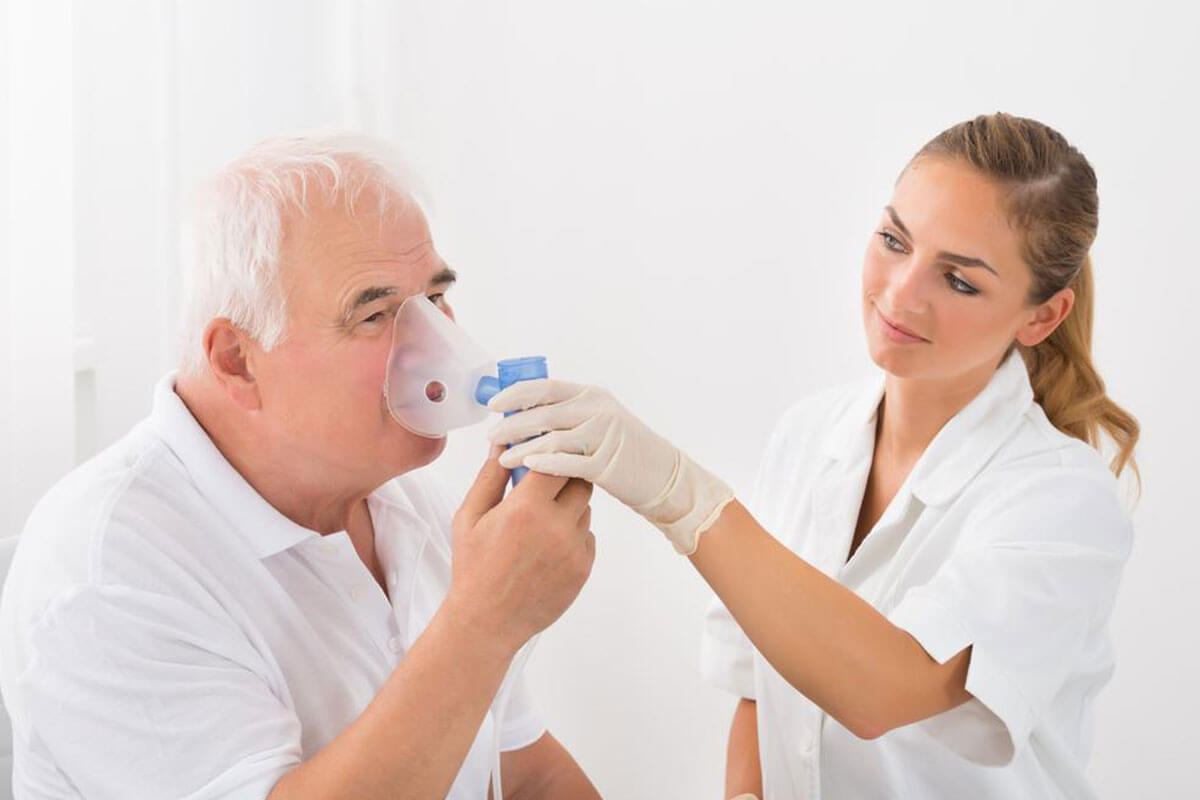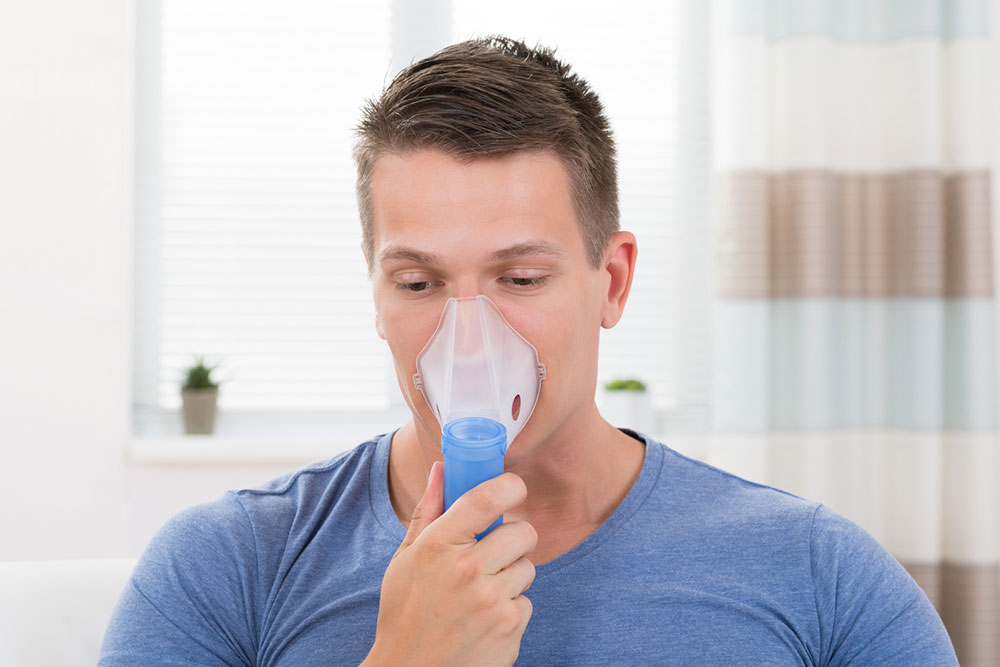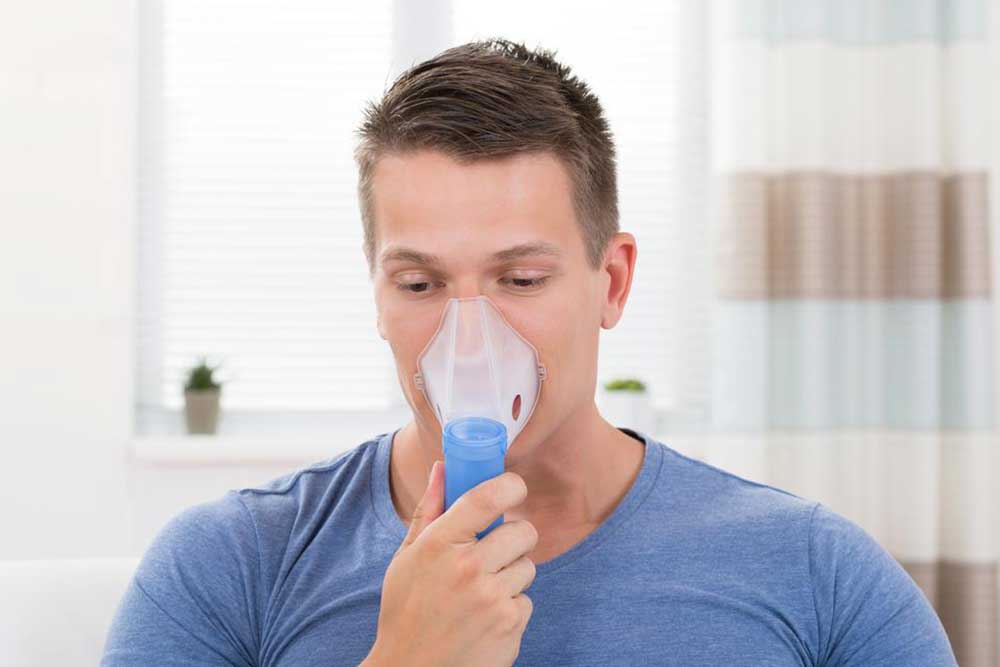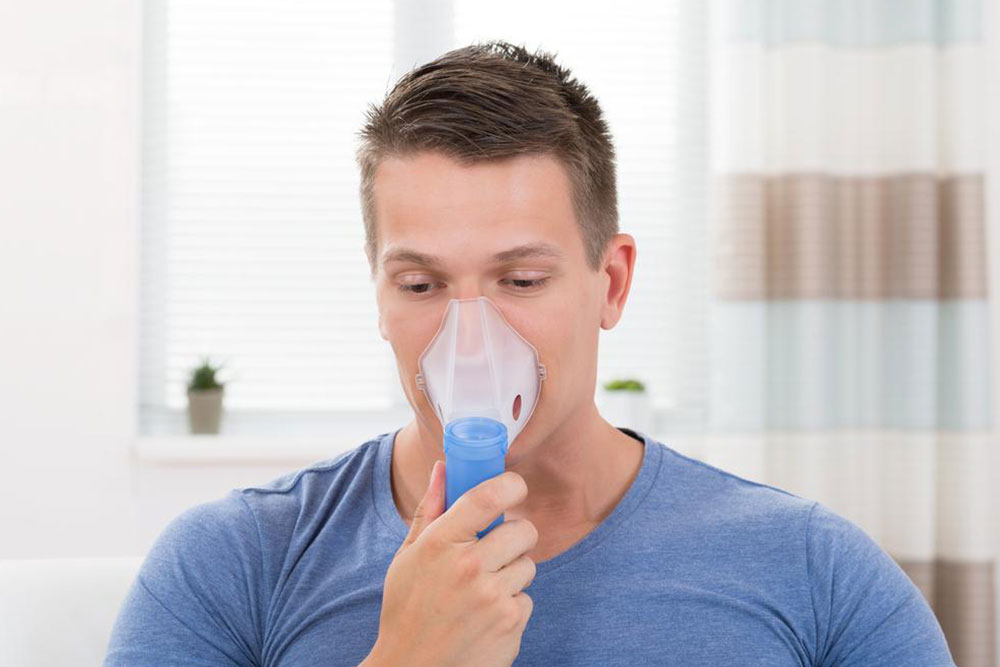Understanding Emphysema: Causes, Risks, and Management
Emphysema is a progressive lung disease damaging alveoli and impairing oxygen exchange, leading to serious complications like heart failure and pneumothorax. Management includes oxygen therapy, lifestyle changes, and surgical options. Prevention through smoking cessation and avoiding irritants is crucial since the damage is irreversible. Early diagnosis and proper treatment can improve quality of life and prevent severe outcomes.
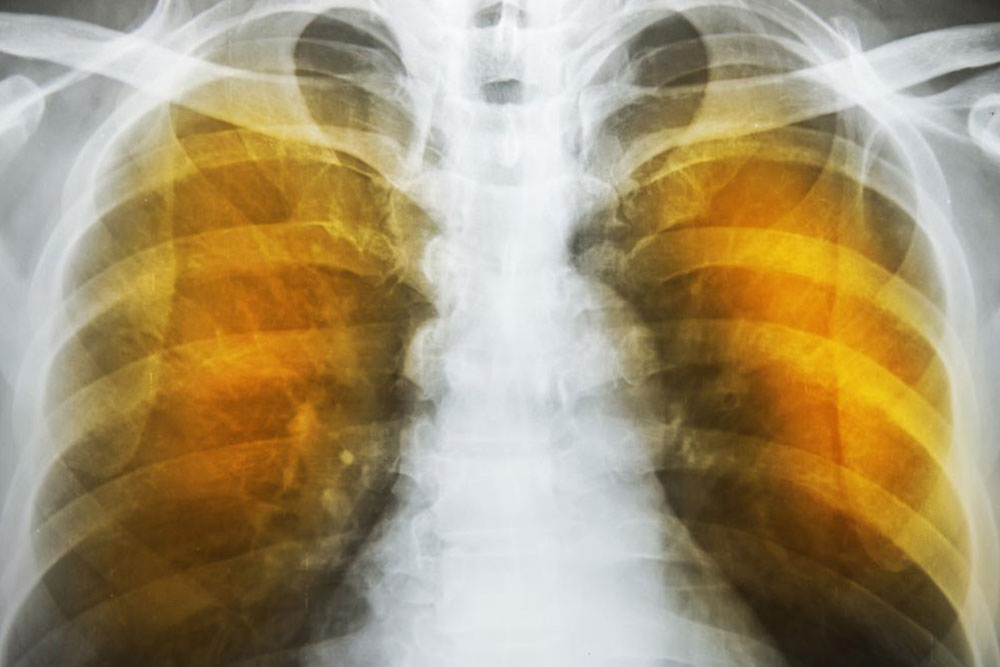
Understanding Emphysema: Causes, Risks, and Management
Emphysema is a chronic lung condition characterized by damage to the alveoli—the tiny air sacs where oxygen exchange occurs. When these structures deteriorate significantly, it impairs gas transfer, leading to reduced oxygen levels in the blood, a condition known as hypoxia. If traditional treatments like bronchodilators and steroids are ineffective, Long Term Oxygen Therapy (LTOT) becomes necessary. For LTOT, patients typically inhale oxygen-rich air containing 25-28% oxygen for at least 15 hours daily through nasal prongs to maintain safe oxygen saturation levels.
The goal of oxygen therapy is to keep blood oxygen saturation between 88% and 94%. Excessively high oxygen levels can be harmful and should only be managed under medical supervision.
Potential Complications
Chronic low oxygen levels trigger a series of reactions in the body. To compensate, the heart increases output and produces more red blood cells, but these measures may become insufficient as the disease advances. This can lead to cor pulmonale, a condition where the right side of the heart enlarges due to increased pressure in the lungs (pulmonary hypertension). Over time, this strain can cause right-sided heart failure, potentially resulting in death.Another serious complication involves the weakening and destruction of alveoli. Large-scale damage causes the formation of bullae—air-filled spaces in the lungs—that reduce lung capacity and impair expansion. Surgical removal of bullae may be necessary, and in extensive cases, lung transplantation could be considered. In severe situations, alveolar rupture might cause pneumothorax, collapsing the lung and endangering life. Ultimately, emphysema results are irreversible, so prevention is vital. Quitting smoking, avoiding lung irritants, maintaining a nutritious diet, and regular exercise can significantly reduce risk.

